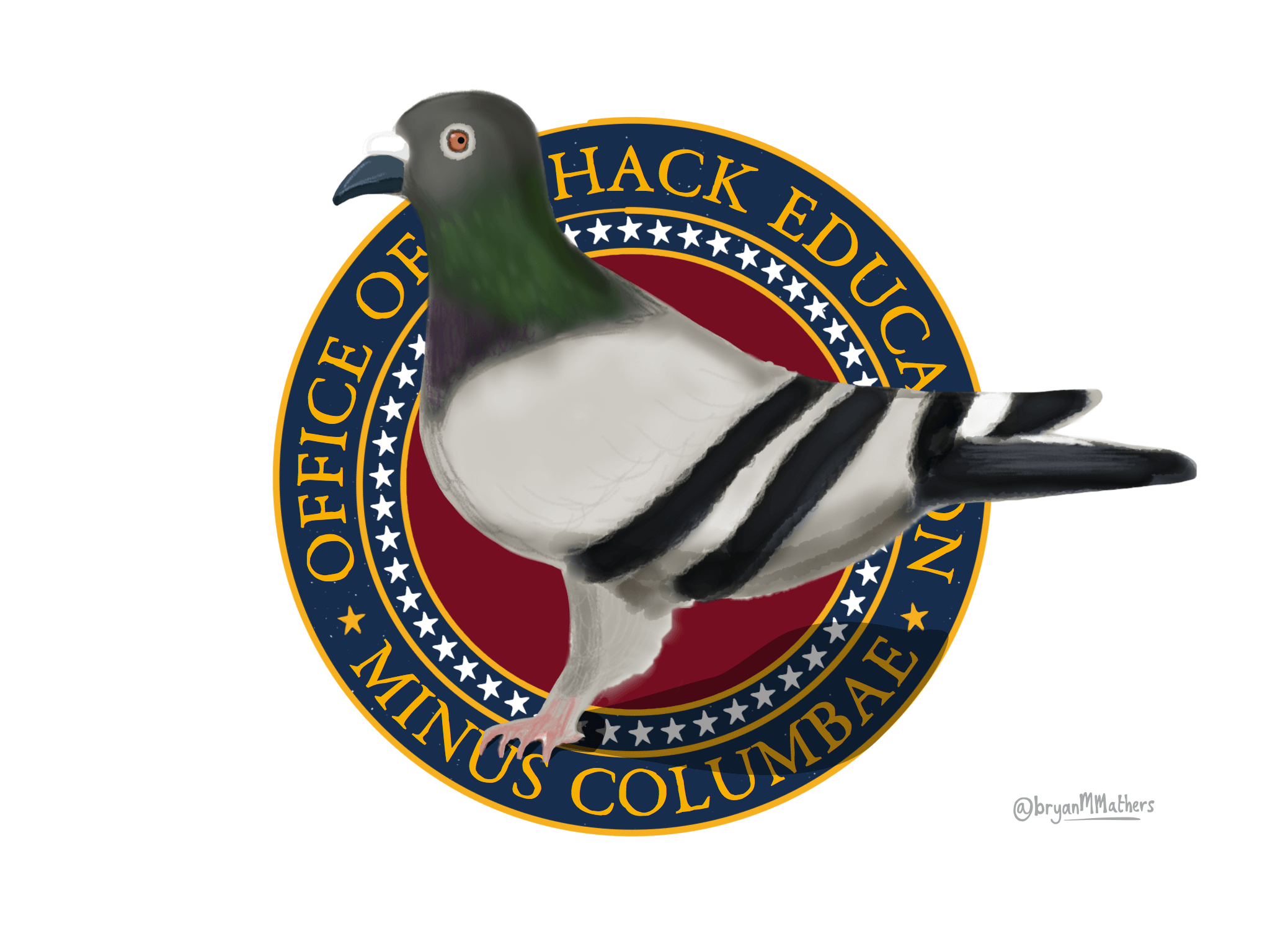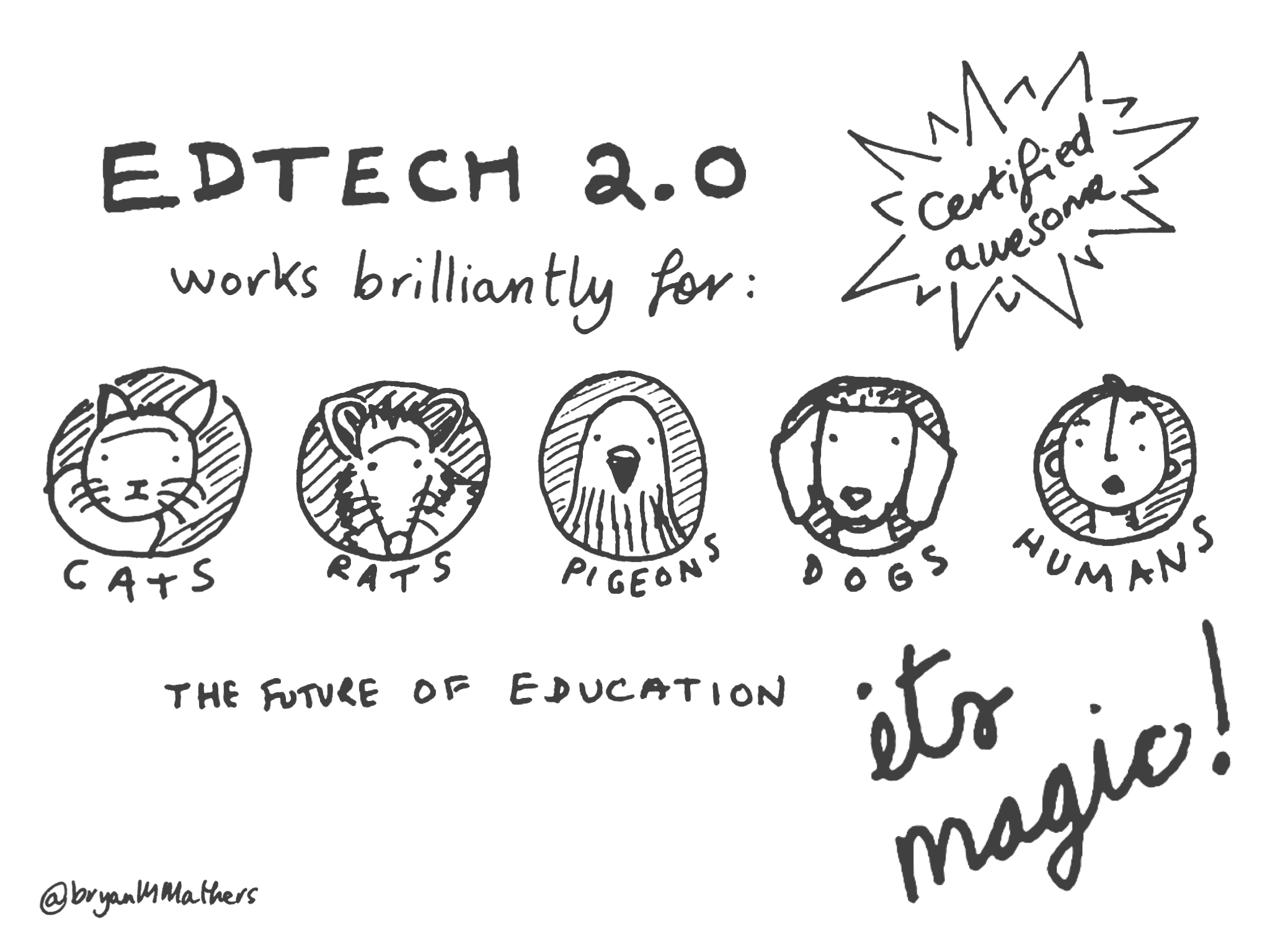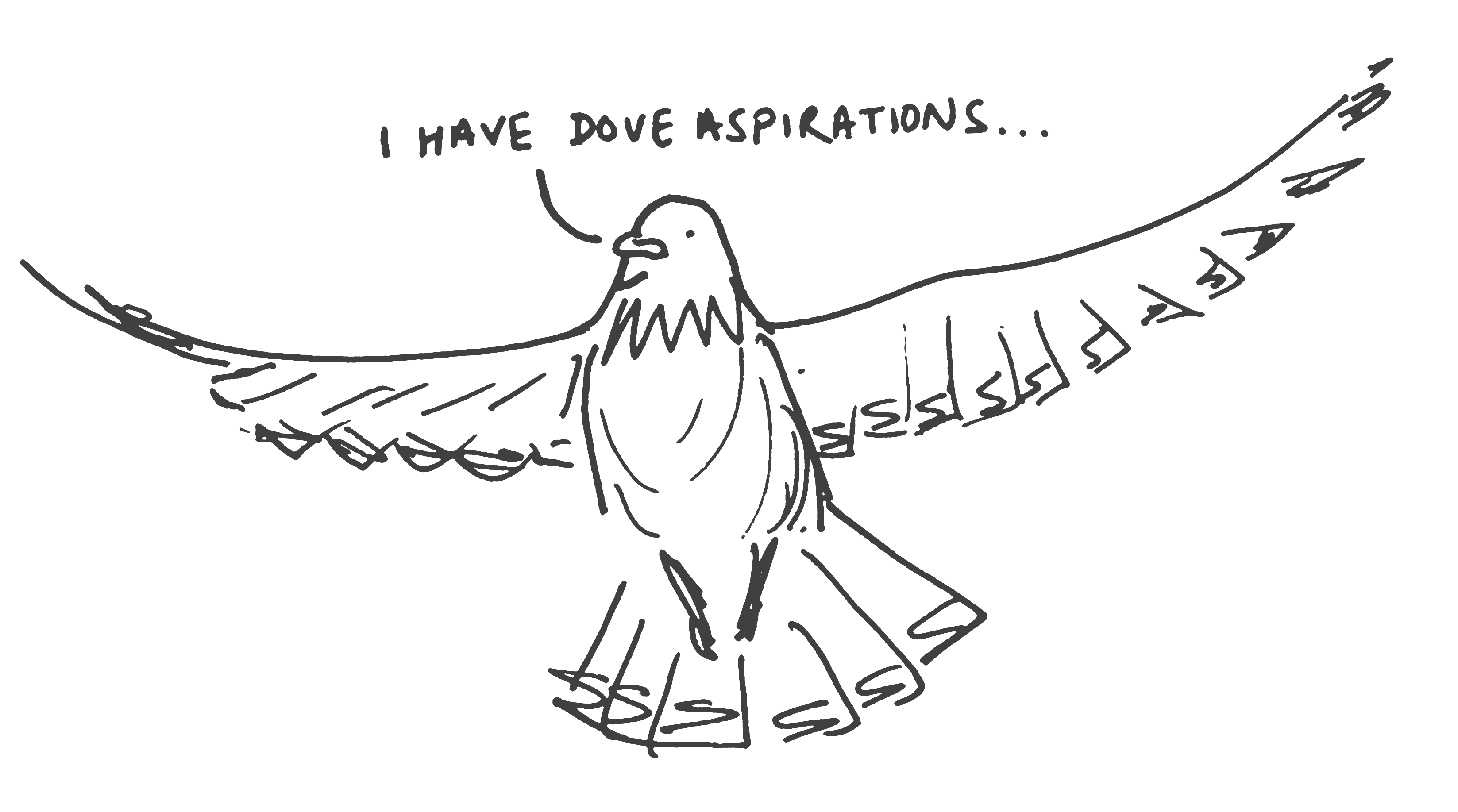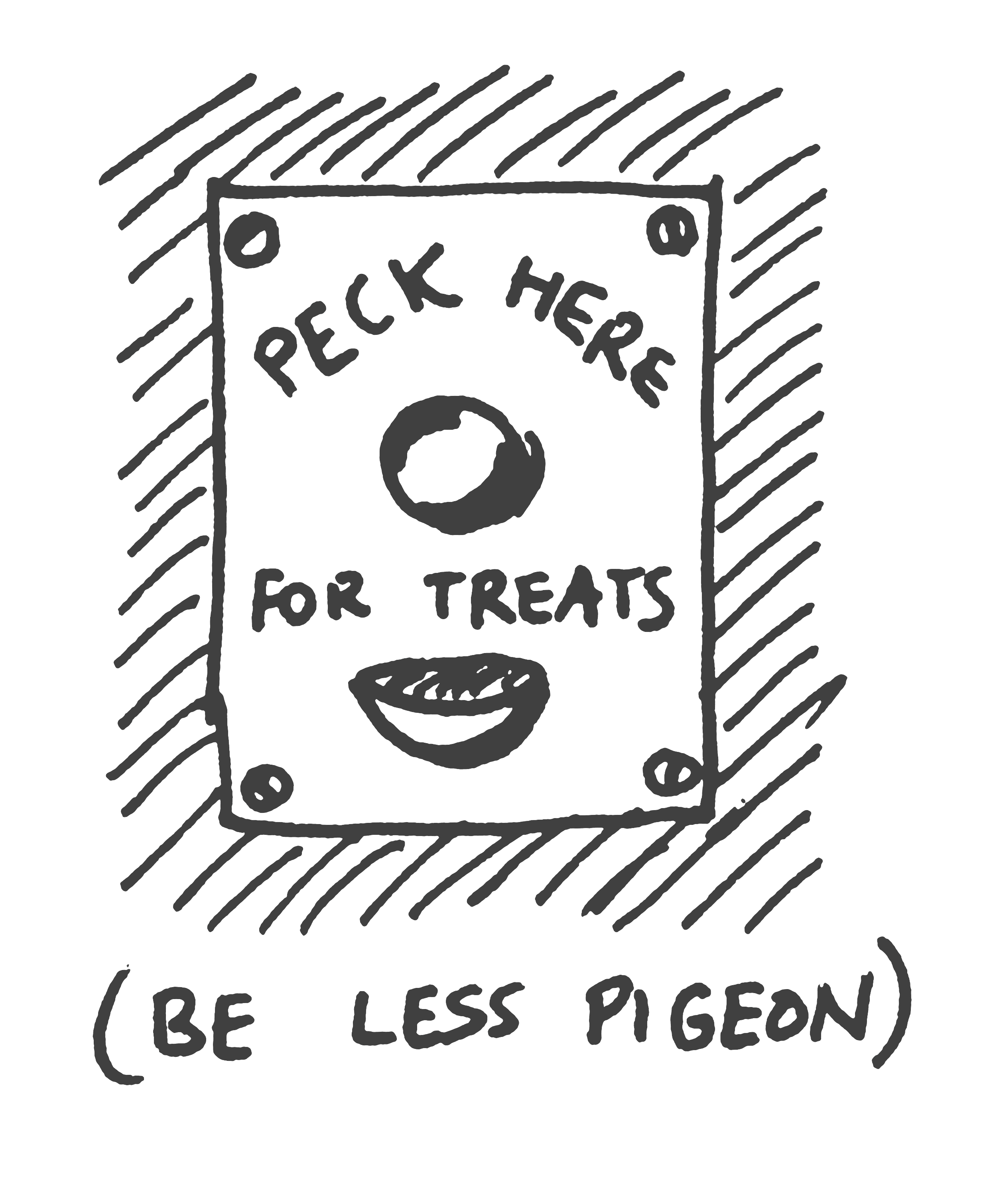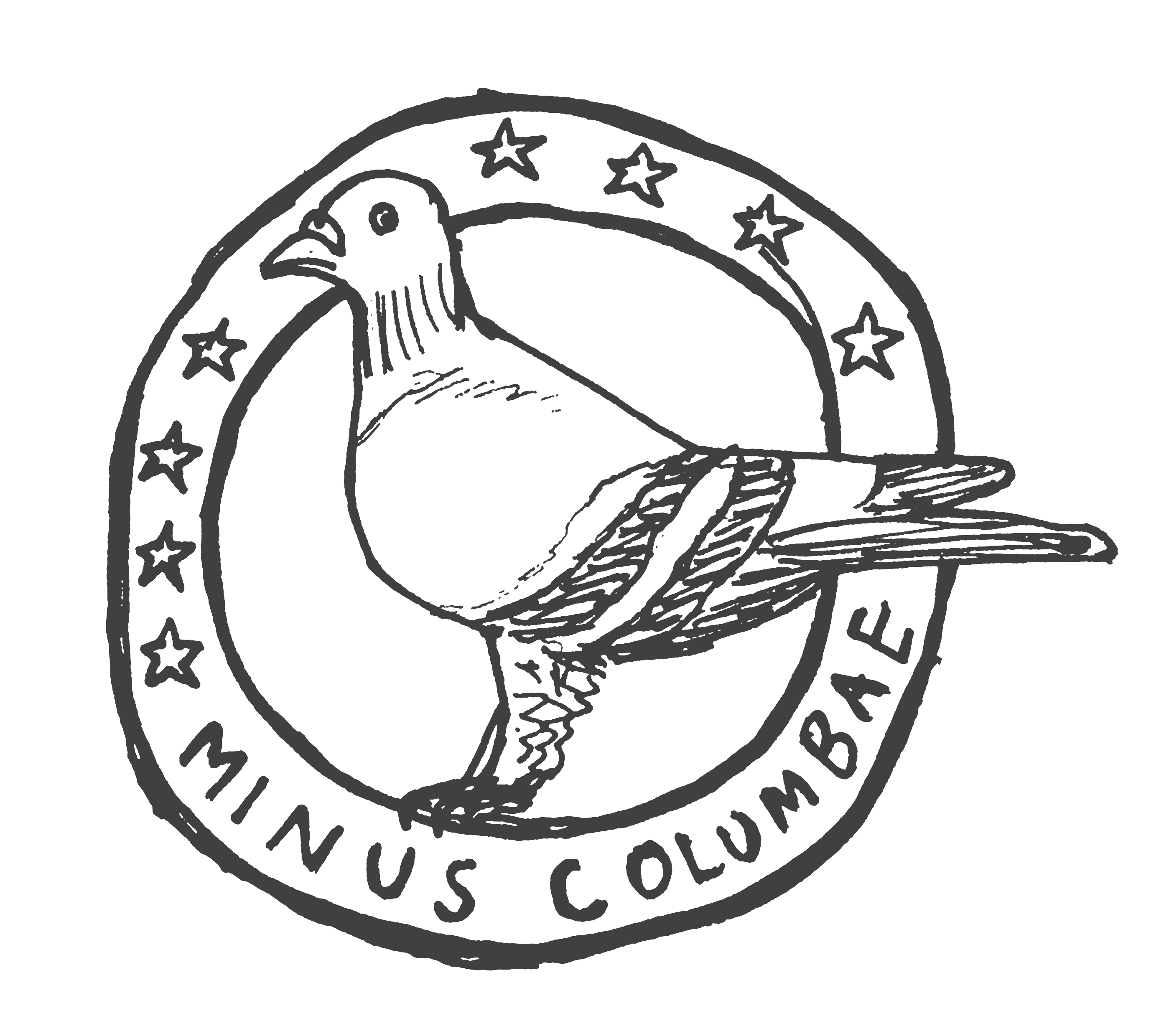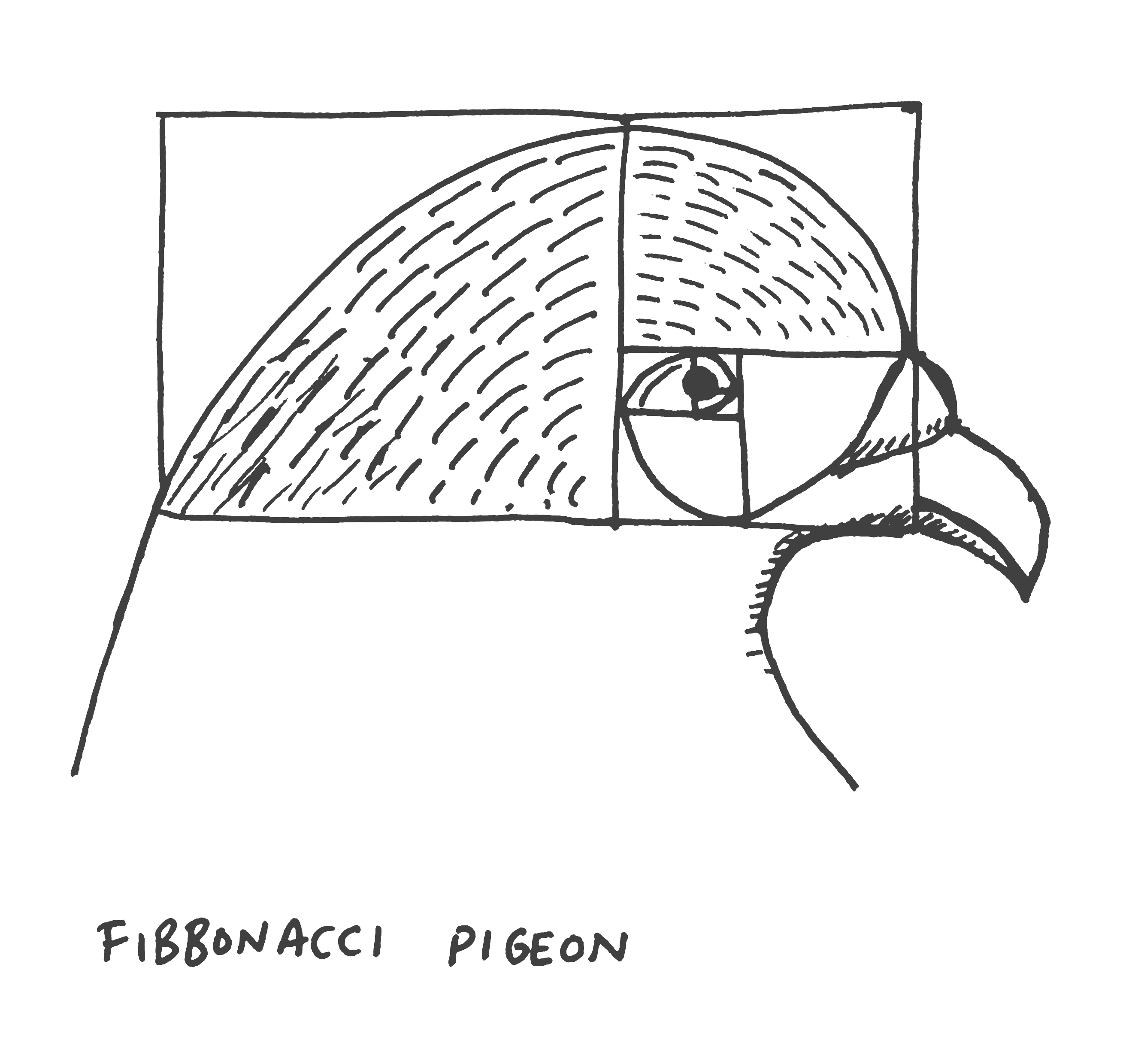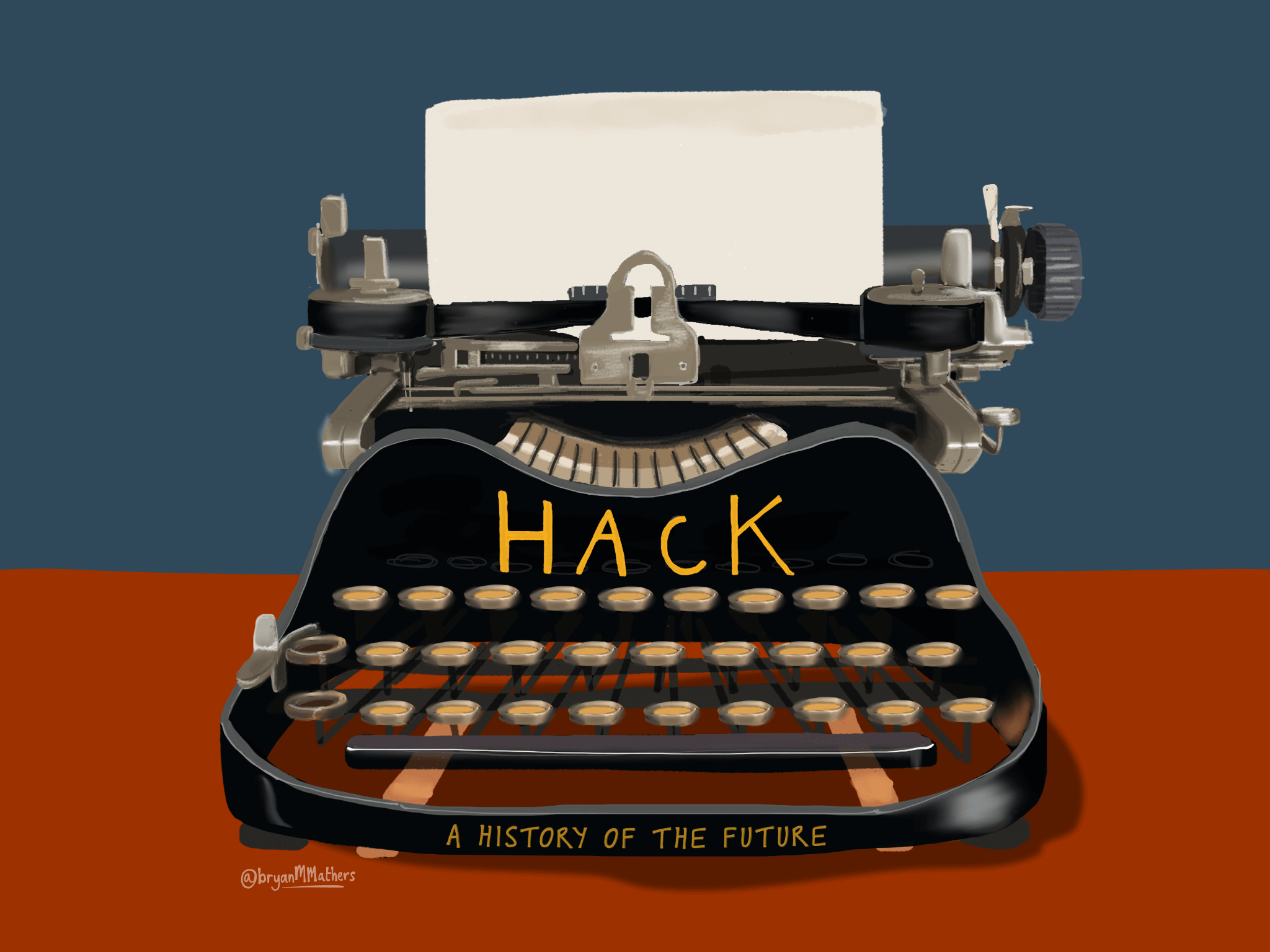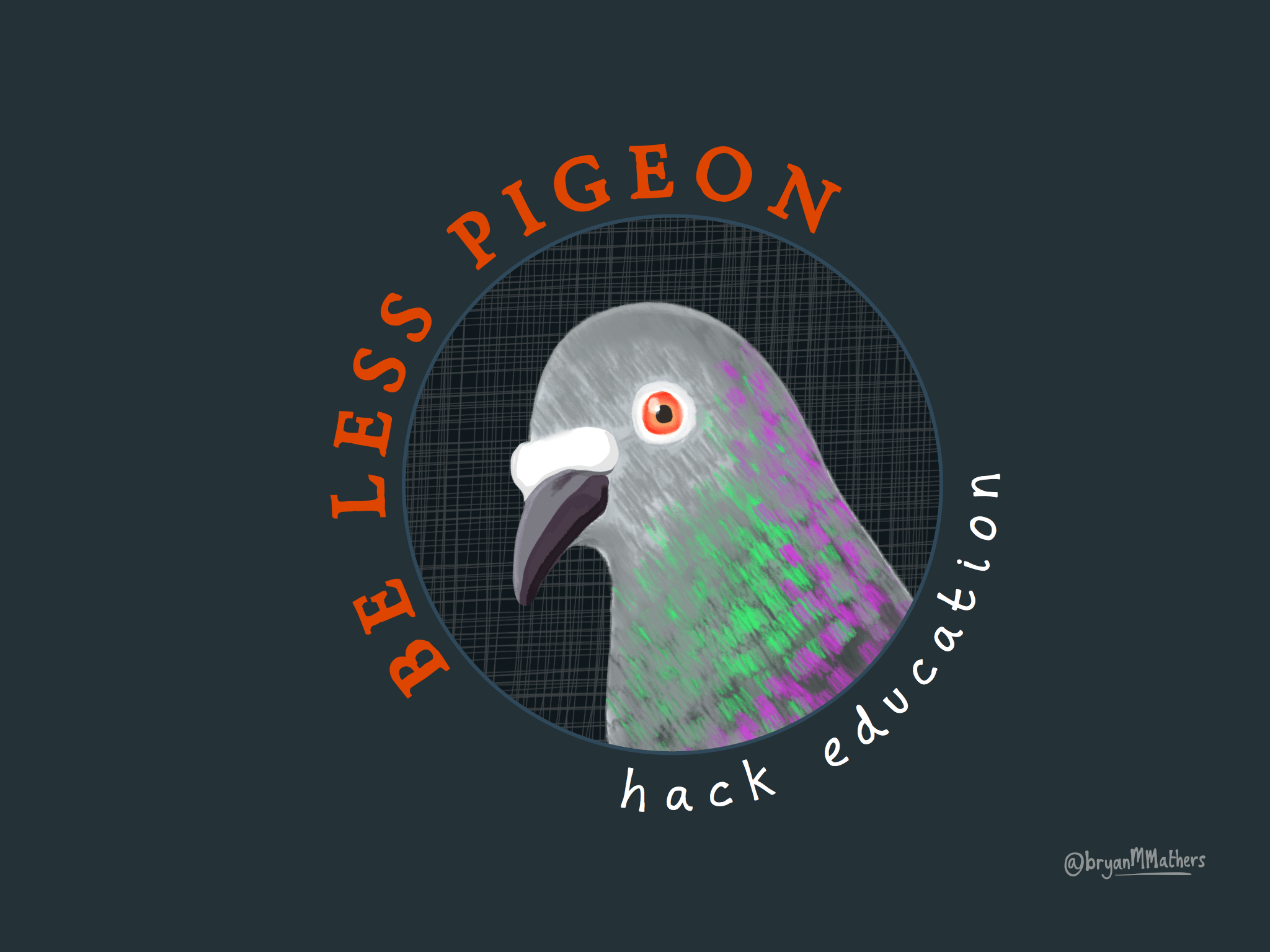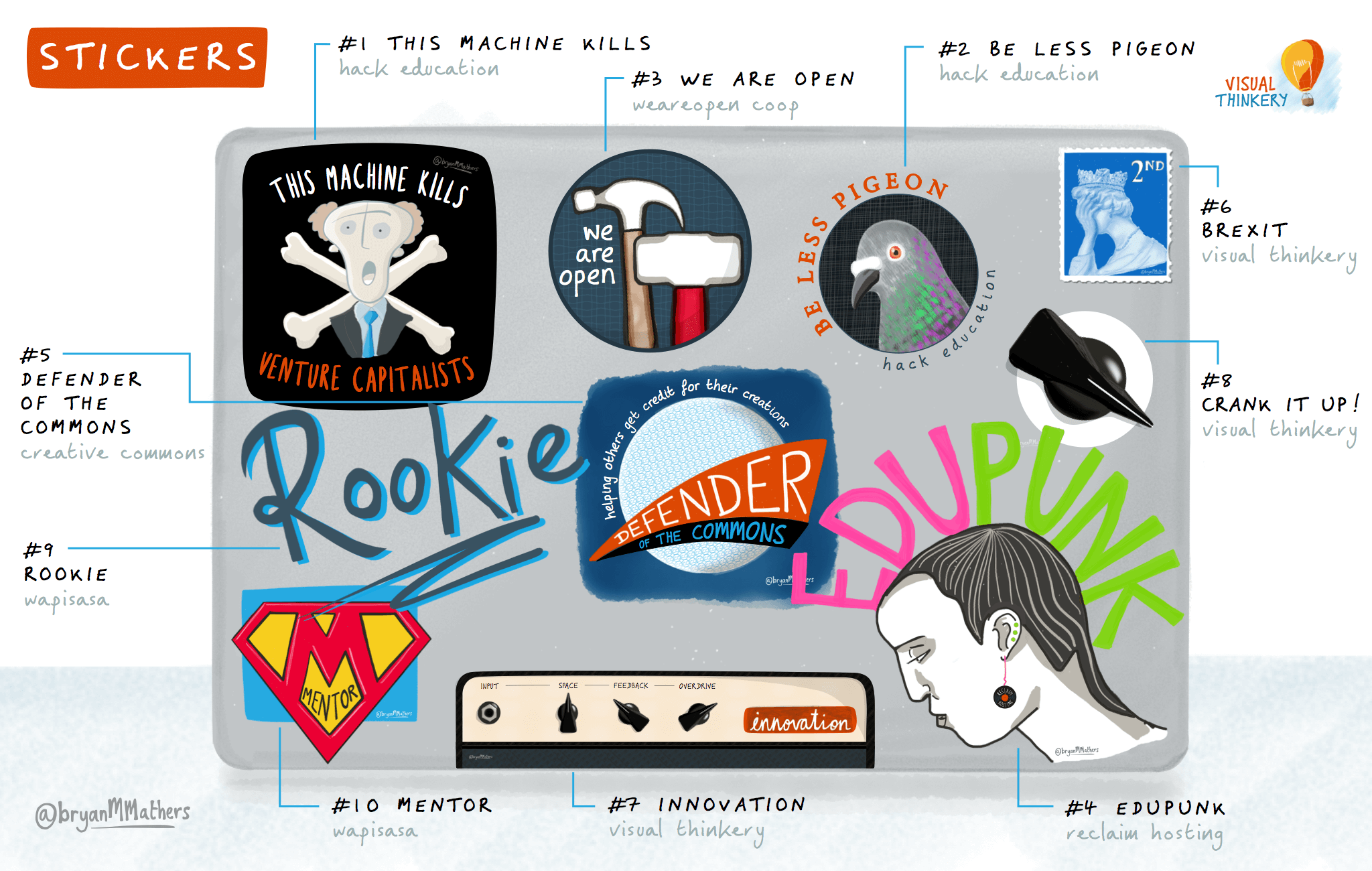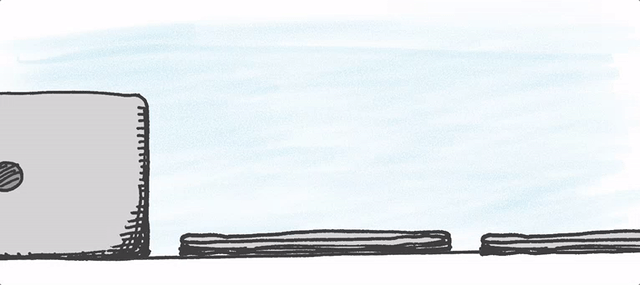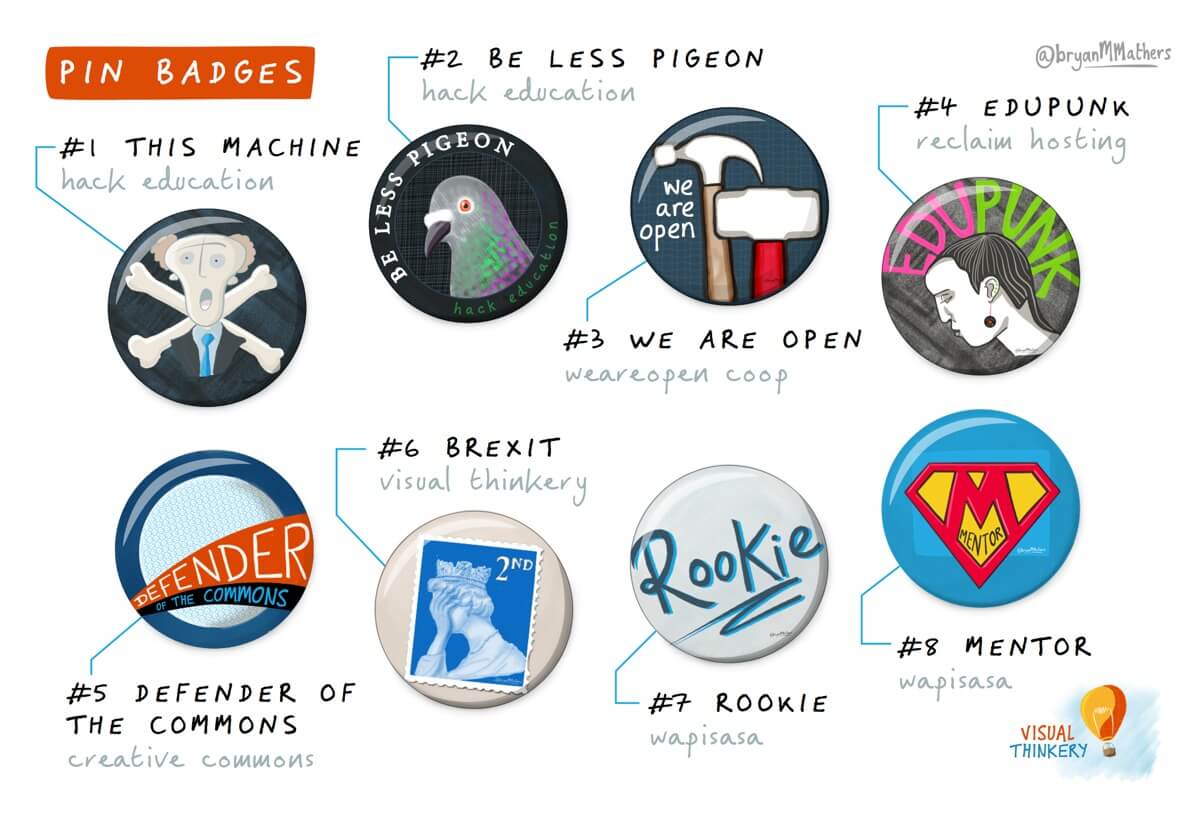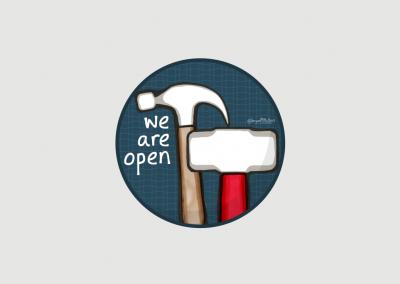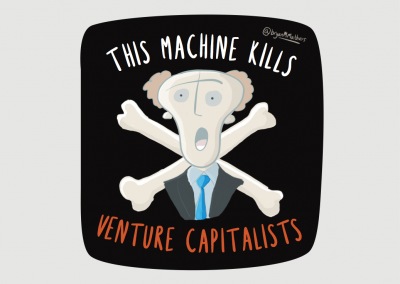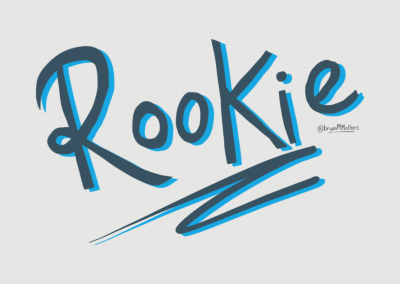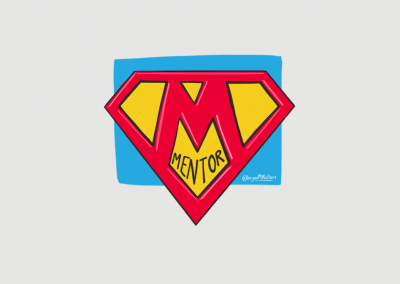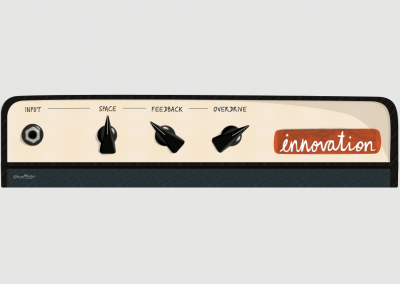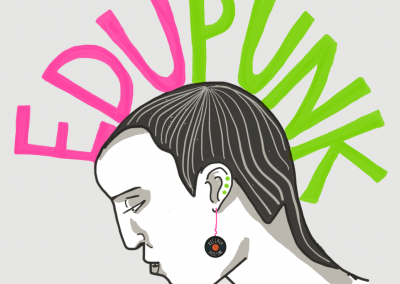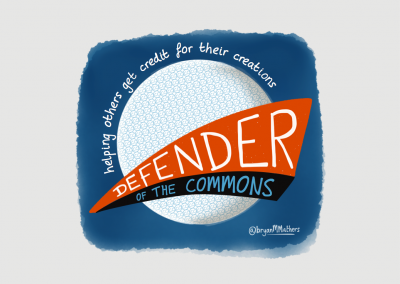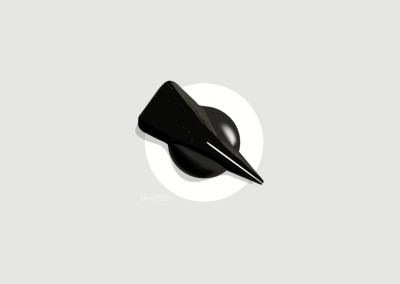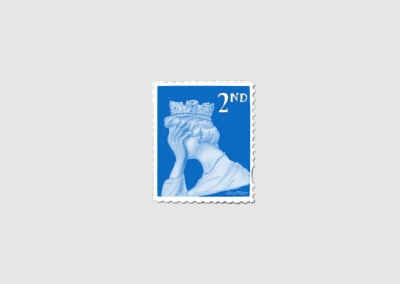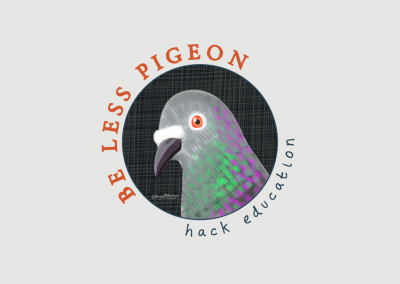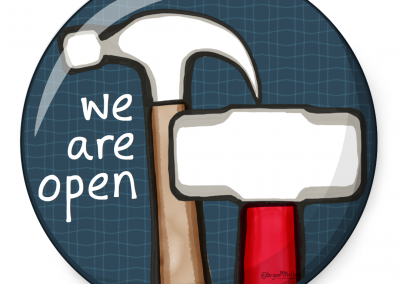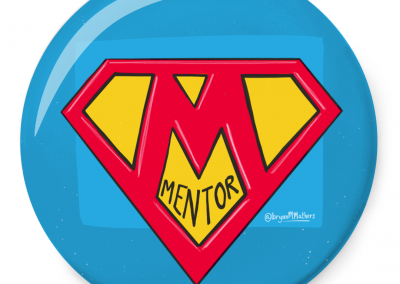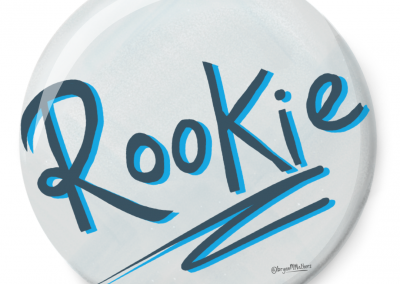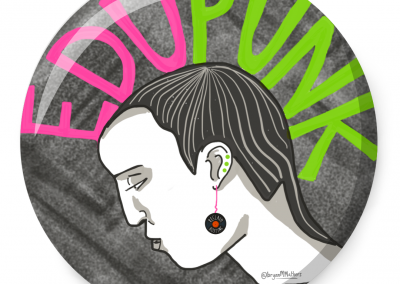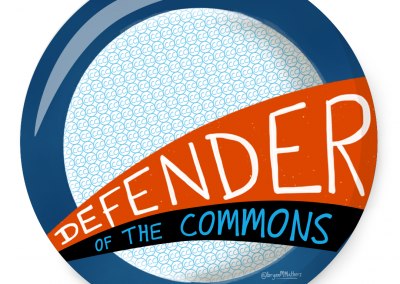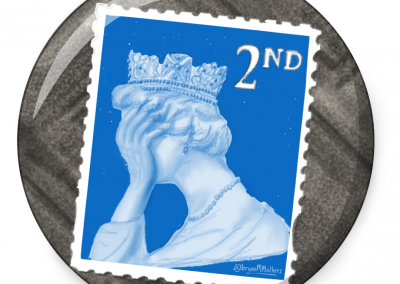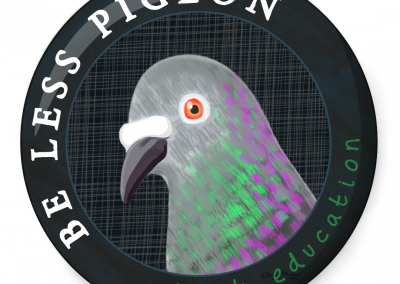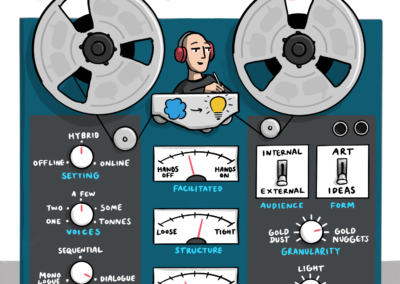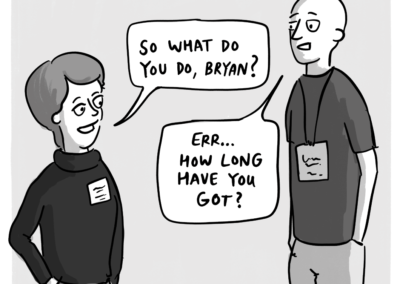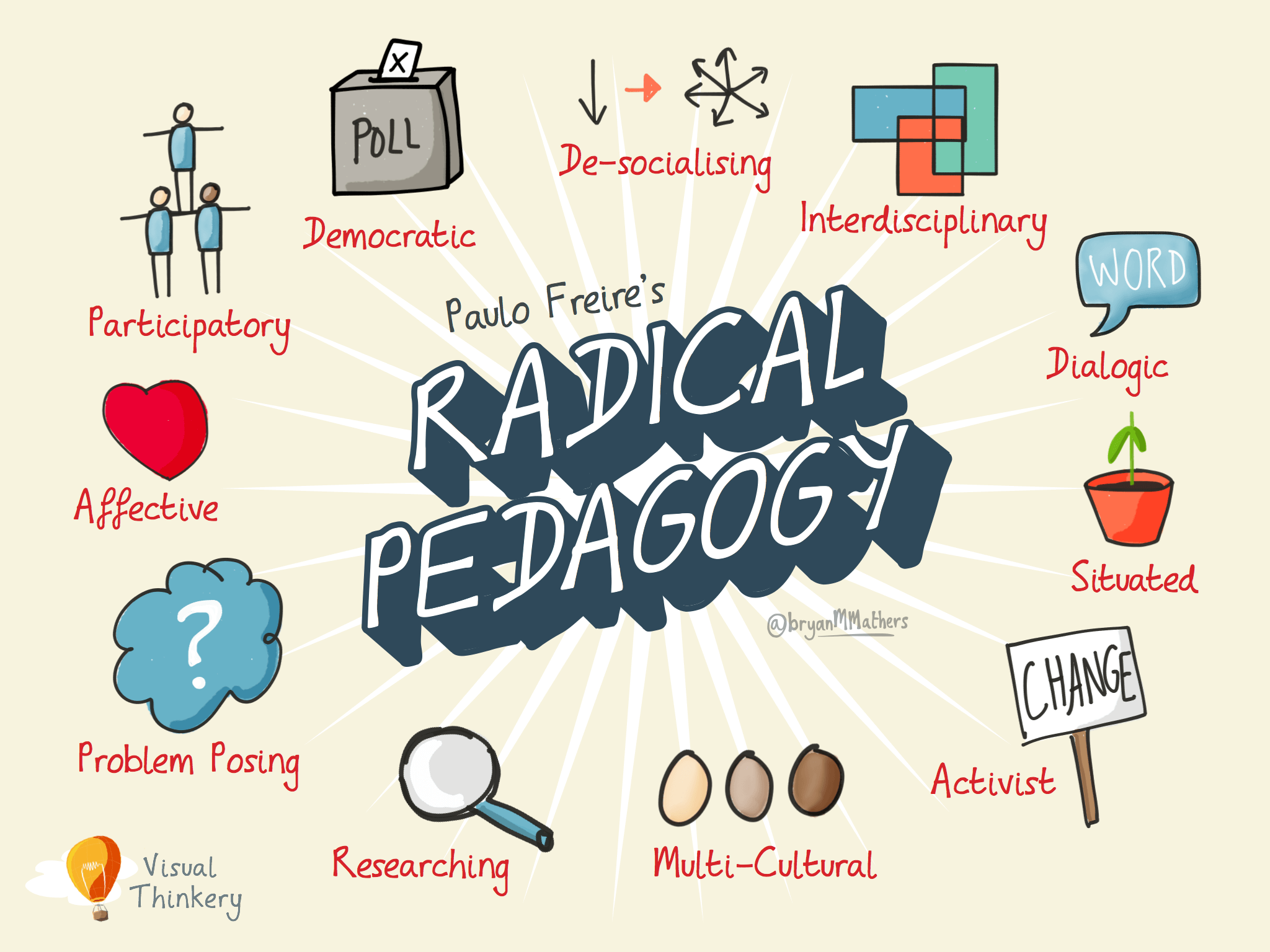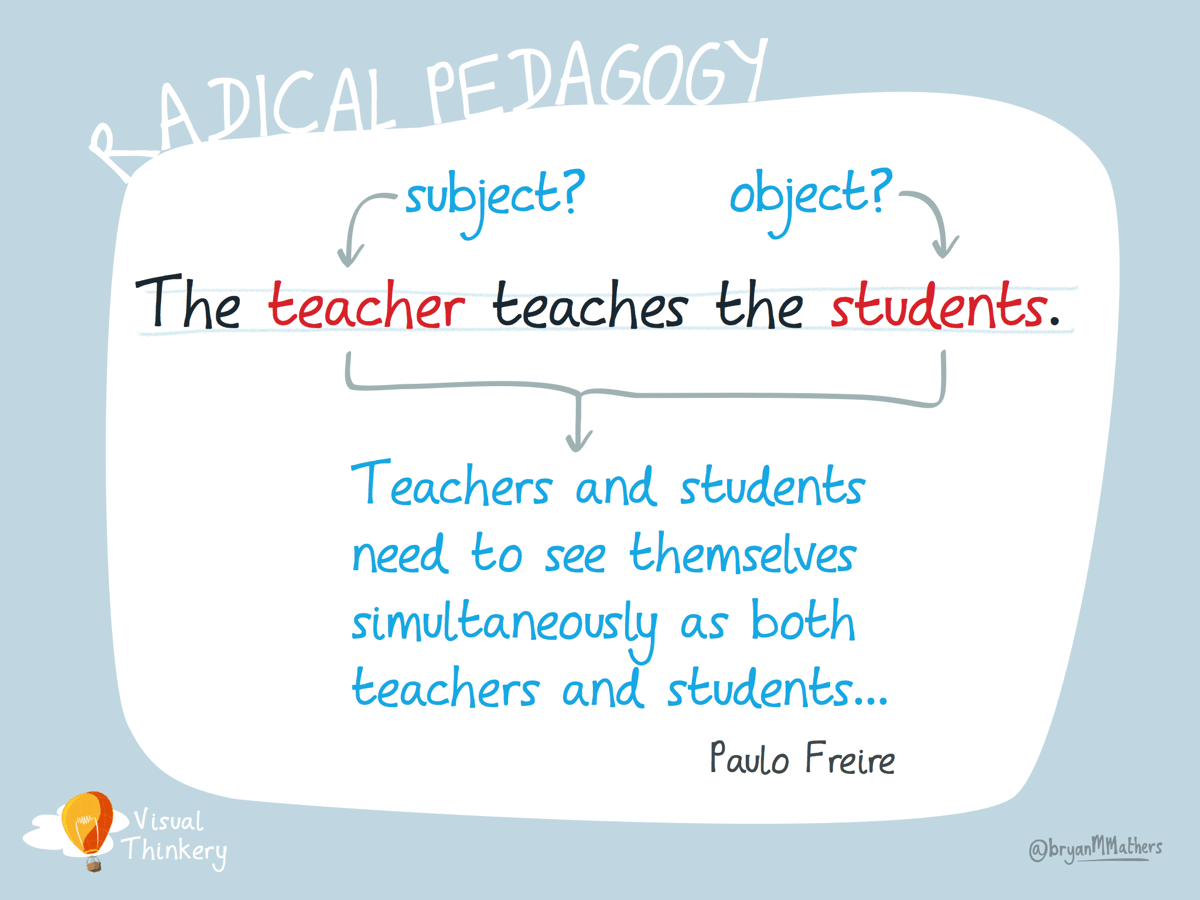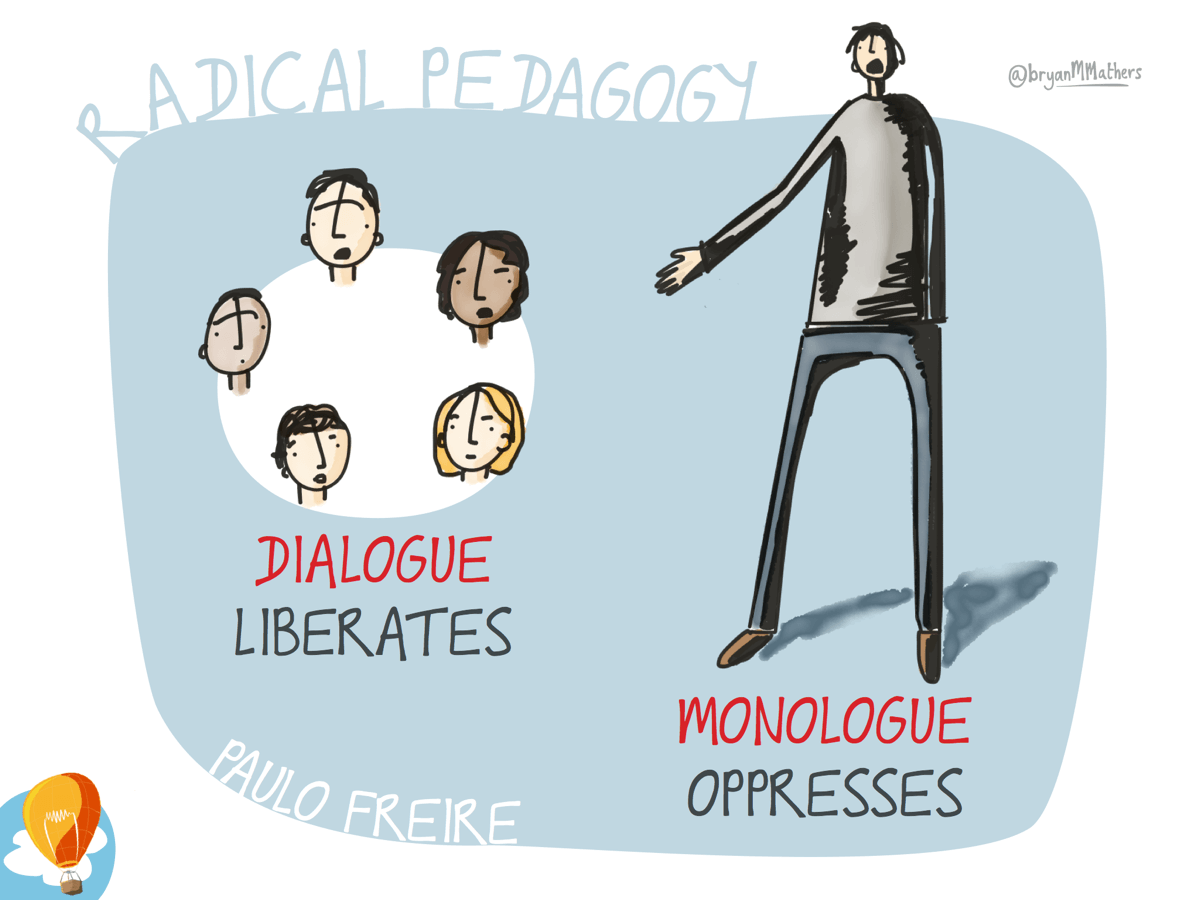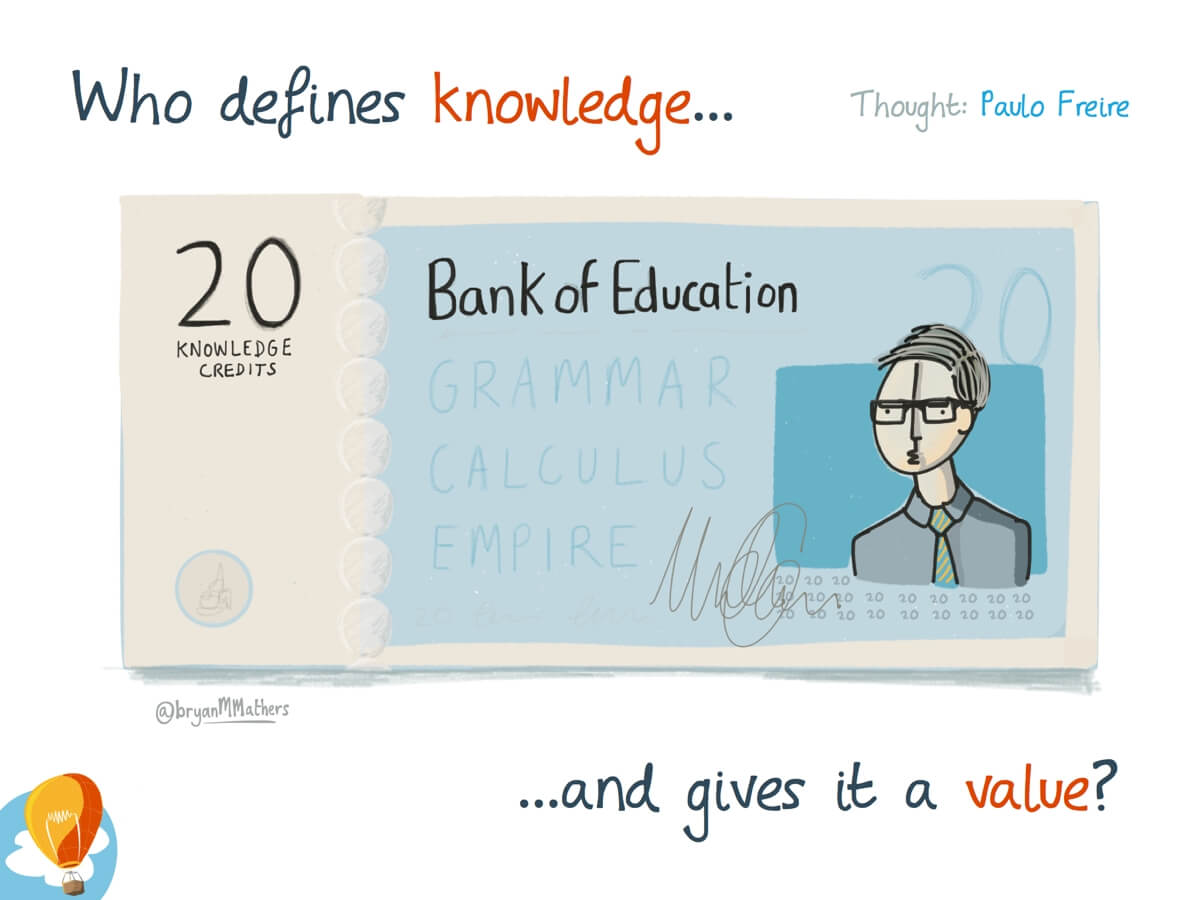Now that I’m retelling the story, here was my simple reasoning:
- I know very little about crowdfunding campaigns, so what better way to get up to speed than actually do one? Treat everything like an experiment.
- If everyone ordered at the same time, we could do a single print run for printing stickers. And if no-one buys any stickers, we can reasonably cut our losses without having spent money on printing. If we’re going to fail, let’s fail early.
- At the time, my Rookie was finishing their first 6 months at my non-profit wapisasa CIC, and so I had the opportunity of employing them for 2 days a week. Great experience for them — and a companion on the journey for me. Find good people — keep good people.
- If we made any surplus, I decided it would go to wapisasa, and therefore help develop more Rookies, making this a sort of fundraiser rather than a profit-maker. As a result, we decided that Indiegogo would be a more appropriate crowdfunding platform than Kickstarter. I’m not about profit; I’m about people…
Most of the stickers I chose were created as a result of a conversation with someone (that’s where the gold is, I tell thee!). As I consider it to be some of my best work so far, I asked Audrey Watters and Jim Groom if they would be happy with us including designs I had done for them. Awesome people that they are, they were quick to give me their support and encouragement.
After getting the artwork created, we ordered a small prototype print run to see what the feel and quality was like. I was keen to experiment with transparent-edged stickers, hopefully giving a “tattoo” feel, which I think fits with the creations. This idea led to us dipping into tattoo metaphors and lingo. When the prototypes arrived, I wasn’t disappointed — I immediately had to put them all over my laptop — and they’re still there!
Whilst we were busy thinking about stickers, an offer came serendipitously across our paths to also get some pin badges (or buttons in the US) made too. So we decided to add those to the campaign as well…
